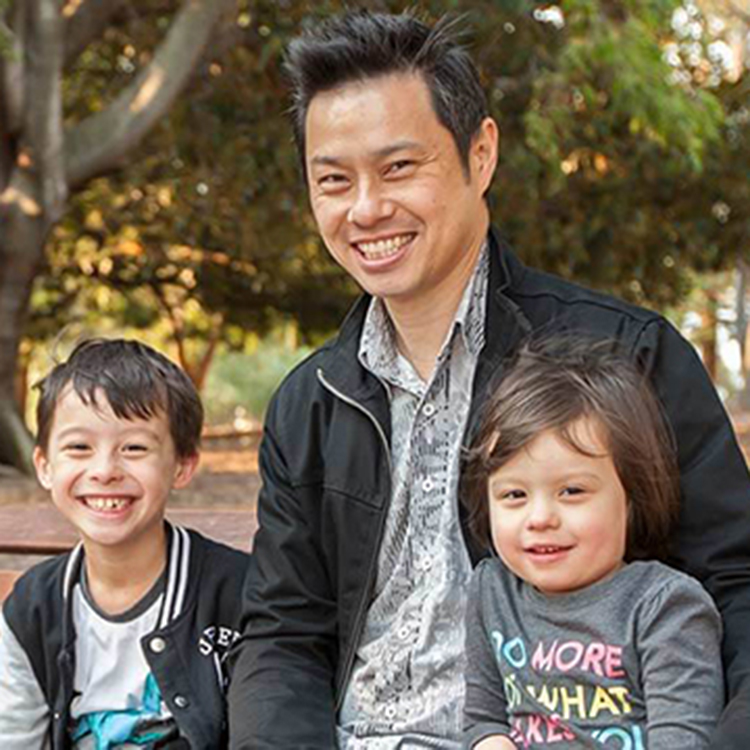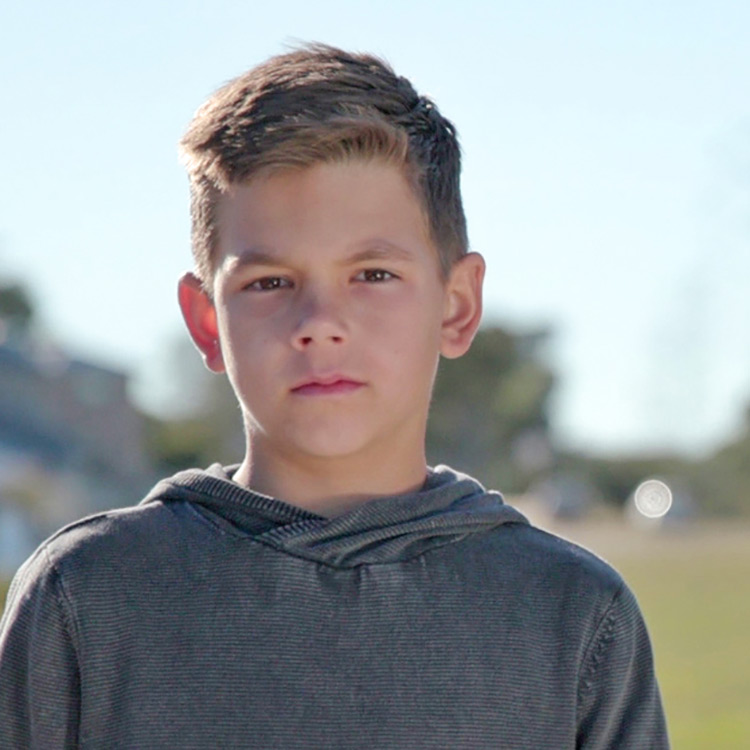Search
News & Events
Infection takes high toll in young childrenA new study has found that infectious diseases are the most common reason that children under two years of age are admitted to hospital.
News & Events
Folate decision a win for familiesChild health expert Professor Fiona Stanley says today's decision by the Federal and State Food Regulation Ministers to fortify food with folate was a great win
News & Events
New study reveals Rett syndrome can strike malesA new study has found that the genetic flaw responsible for Rett syndrome can strike males, even where there isn't a family history of the rare brain disorder.
News & Events
Childhood meningitis falls by 70%The introduction of the Hib (Haemophilus influenzae type b) vaccine to the childhood immunisation schedule has resulted in a dramatic drop
News & Events
Perth children and seniors needed for bird flu vaccine studyPerth researchers have begun a trial to test the effectiveness in children and seniors of a new vaccine to protect against the potentially deadly bird flu.
News & Events
Social disadvantage underpins children's poor healthThe impact of death, separation and divorce is having a profound impact on the lives of Aboriginal children.

Different audiences rely on us for very different things. Whether you're a valued donor, curious professional researcher, inquisitive member of the public, or a corporate supplier looking to offer support - we've collated the resources you need.
Dr Anthony Bosco, Professor Steve Stick, Professor Andrew Whitehouse, Dr Raelene Endersby and Dr Luke Garratt know how fortunate they are to have

Find out about our approach to procurement, what we procure and how to become a Supply Partner.

Ten-year-old Xander has been through more than most kids of his age – specifically, three-and-a-half years of gruelling chemotherapy to treat leukaemia.
